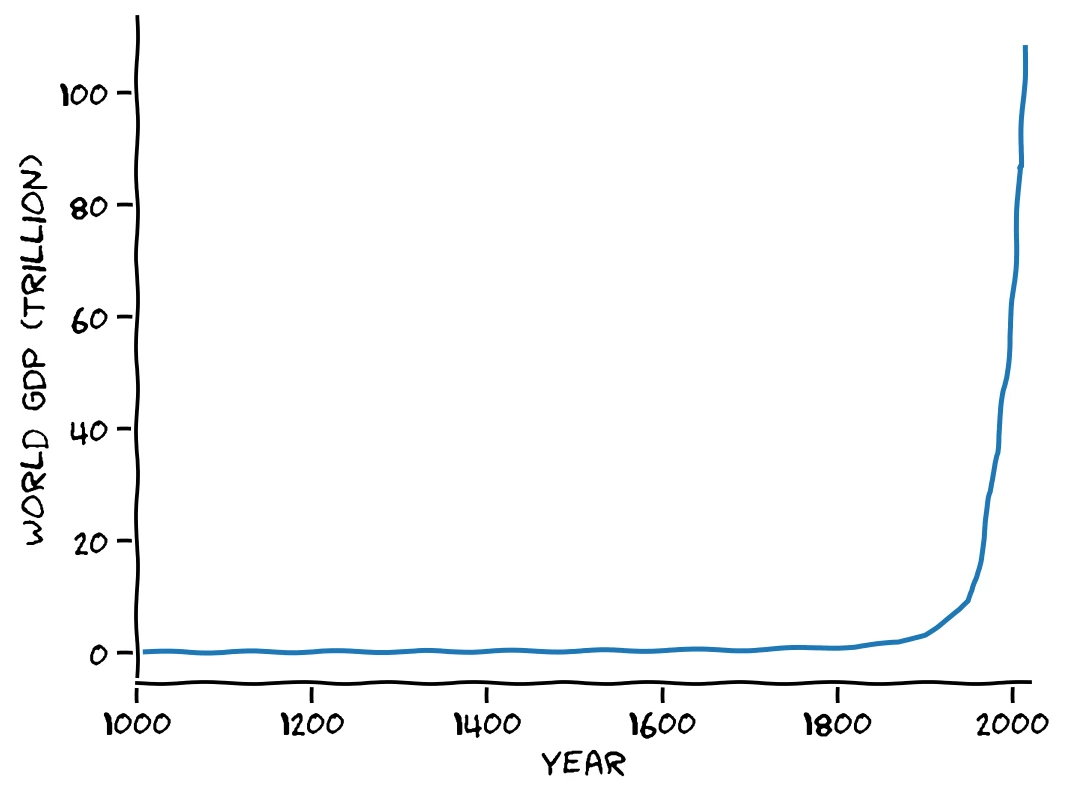Recently I was curious about the amount of CO2 present while sleeping and working; I ended up buying an [cached]Aranet4 monitor. It's great to see the reading live, but I would also like to compare trends over time. The Aranet4 itself can only store a maximum of 7 days of data, so for longer term analysis I need to periodically export the data.
This is where a Raspberry Pi comes in handy! First, install the necessary packages:
1 | |
Use bluetoothctl to pair the Aranet4:
1 2 3 4 | |
 (
(